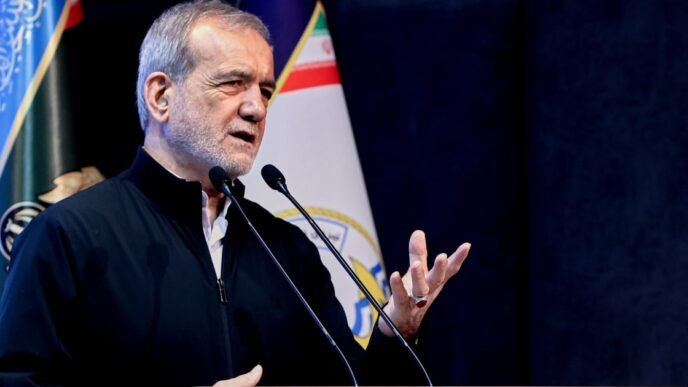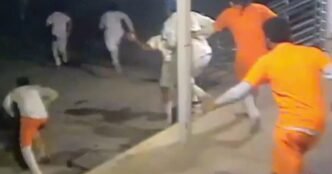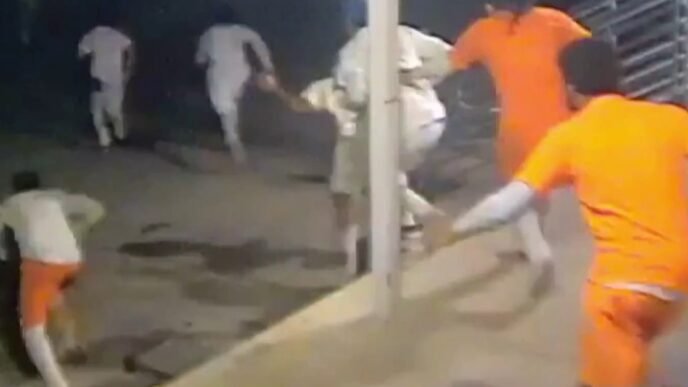A judge’s ruling to resentence Erik and Lyle Menendez last week gave the siblings something they’ve not had in more than three decades: a chance that they could leave the Southern California prison where they’re incarcerated.
The brothers, who had been serving life sentences without the possibility of parole after a pair of sensational trials ended with convictions for their parents’ 1989 murder, can seek their release from California’s parole board after Los Angeles County Superior Court Judge Michael Jesic found they do not pose an “unreasonable risk” if released from prison.
Jesic resentenced the siblings to 50 years to life, endorsing the recommendation of former Los Angeles County District Attorney rge Gascon and denying the position of his successor, Nathan Hochman, who opposed their resentencing.
Here’s what could happen next in the case, which highlighted a debate over a key issue in the criminal justice system — rehabilitation — and gained renewed attention after a Netflix miniseries and document about their lives.
June 13 hearing
Jesic’s ruling allows Erik, 54, and Lyle, 57, to make their case for freedom at a hearing aimed at determining whether they’re suitable for parole. Those proceedings are scheduled for June 13 — a date previously set aside for hearings in a separate effort seeking clemency from California Gov. Gavin Newsom, according to a spokesperson for the California Department of Corrections and Rehabilitation, which oversees the parole system.
“Since the ruling makes them immediately eligible for parole consideration as youth offenders, it is the Board’s intent to convert the June 13, 2025, clemency hearings to initial parole suitability hearings,” Scott Wyckoff, executive officer of Board of Parole Hearings, stated in a letter obtained by the Los Angeles Times.
In an email, the corrections department spokesperson said the board is allowing people to raise objections to the change.
Although the hearings are no longer for clemency, the brothers’ application with the governor remains active.
If the parole hearing takes place, parole commissioners will be tasked with determining whether the brothers pose an unreasonable risk of danger. Prosecutors, victims’ relatives and others can weigh in on the question.













